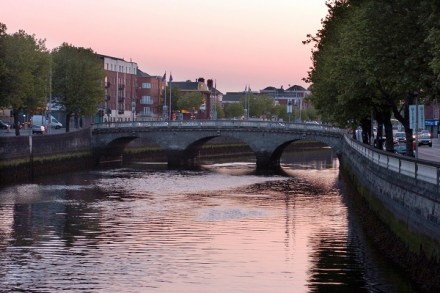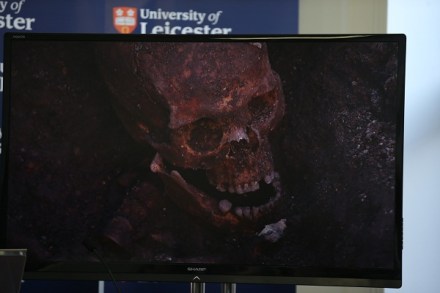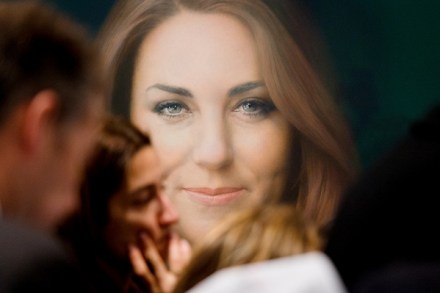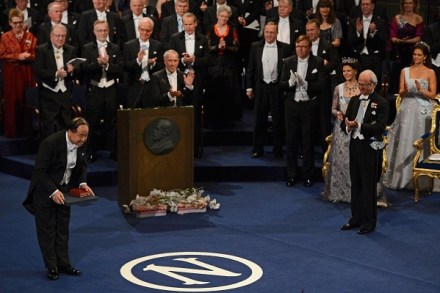Interview with a writer: Kevin Maher
Kevin Maher’s debut novel The Fields is set in the suburban streets of south Dublin in 1984. The story is narrated by Jim Finnegan: an innocent 13-year-old boy who lives in a carefree world that consists of hanging out in the local park and going on nightly bike rides with his geeky friend Gary. But shortly after his fourteenth birthday, Jim’s life drastically changes when he falls in love with a beautiful 18-year-old woman, Saidhbh Donoghue. After a brief honeymoon period their relationship turns sour when the young couple are forced to take a boat to Britain to arrange for Saidhbh to have an abortion. Both Jim and Saidhbh decide



















